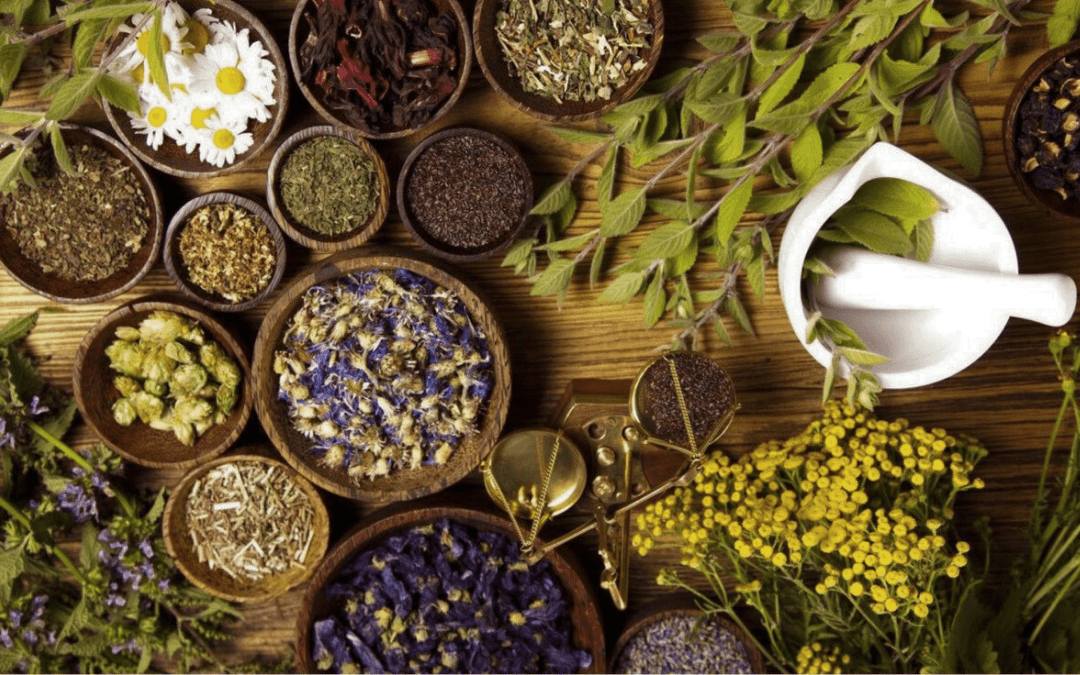As the days grow shorter and the light fades earlier, many people begin to feel the weight of seasonal depression—also known as Seasonal Affective Disorder (SAD). This shift in mood is often linked to reduced sunlight exposure, disrupted circadian rhythms, and changes in serotonin and melatonin levels. While professional care and lifestyle adjustments are key, nature also offers gentle allies in the form of herbs that can support mood balance, energy, and emotional well-being.
Here are five herbs traditionally used to help ease the blues and bring warmth back into the season:
1. St. John’s Wort (Hypericum perforatum)
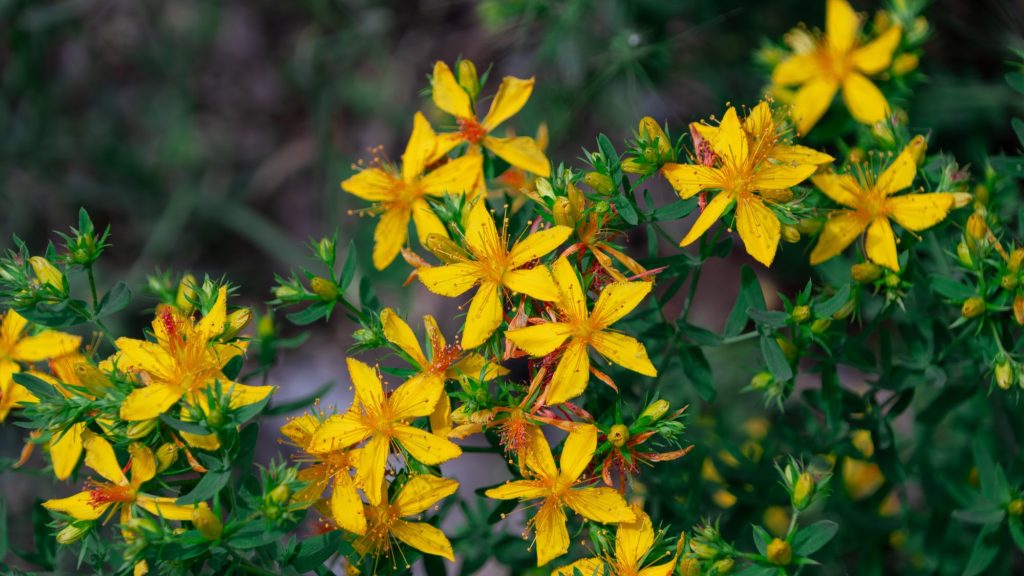
Perhaps the most well-known herbal support for mild to moderate depression, St. John’s Wort works by influencing neurotransmitters such as serotonin, dopamine, and norepinephrine—chemicals that play a key role in regulating mood.
- Best for: People who experience low mood, fatigue, and irritability during the darker months.
- How to use: Commonly taken as a capsule, tincture, or tea.
Note: St. John’s Wort interacts with some medications, including birth control and antidepressants—always consult your healthcare provider before use.
2. Rhodiola (Rhodiola rosea)
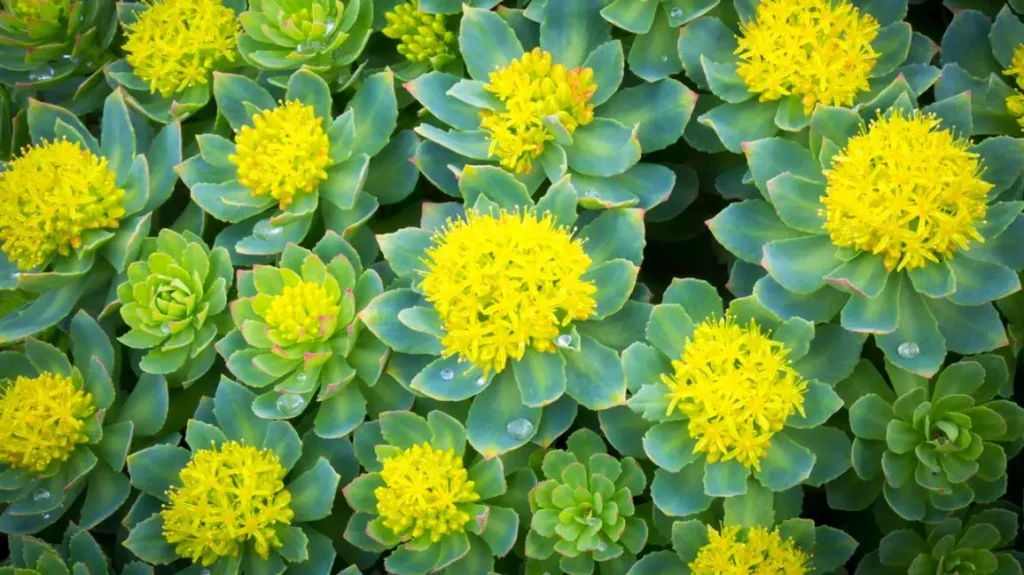
Known as an adaptogen, Rhodiola helps your body adapt to stress and supports emotional resilience. It’s particularly beneficial for those experiencing low motivation, exhaustion, and mental fog.
- Best for: Fatigue, low energy, or “winter burnout.”
- How to use: Capsule or tincture, ideally in the morning to avoid interfering with sleep.
3. Ashwagandha (Withania somnifera)
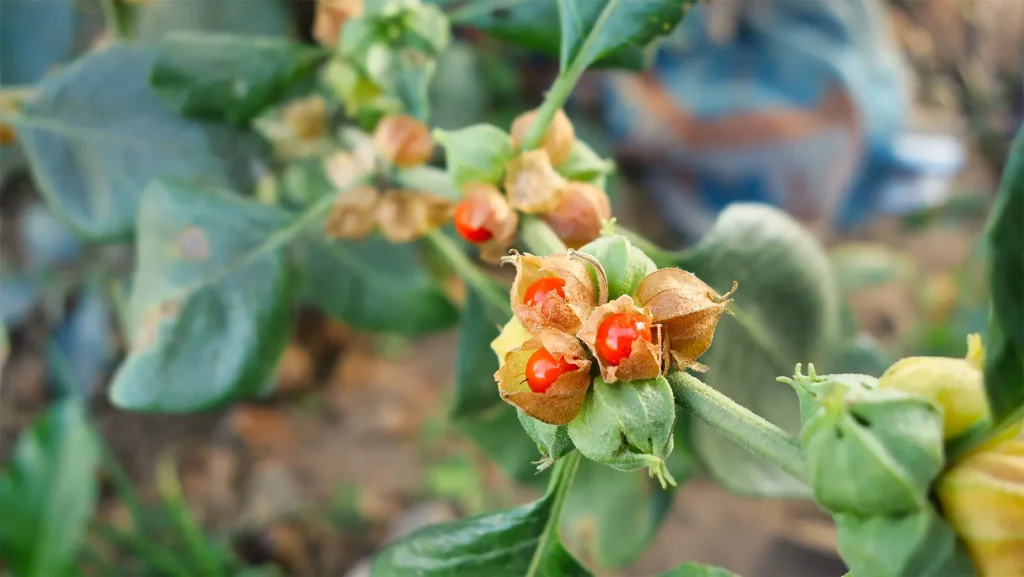
Another powerful adaptogen, Ashwagandha supports the adrenal system and helps calm anxiety while improving energy and mood stability. It balances cortisol levels—your body’s main stress hormone—making it an excellent herb for emotional grounding through seasonal transitions.
- Best for: Anxiety, poor sleep, or stress-related mood dips.
- How to use: Powder, capsule, or as a warm evening tonic mixed with milk or a plant-based alternative.
4. Lemon Balm (Melissa officinalis)
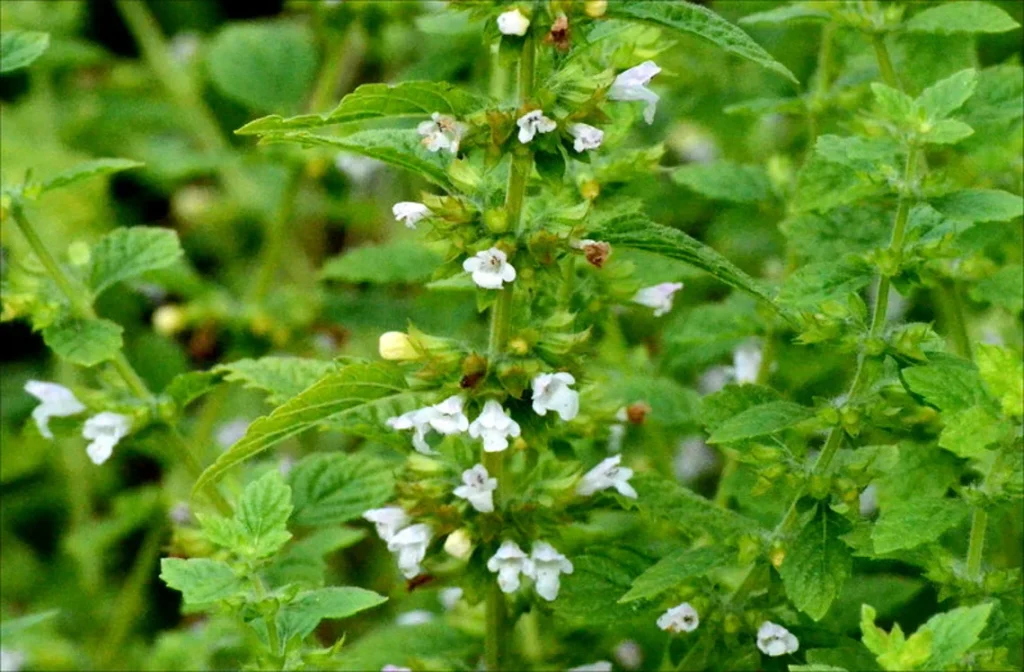
Bright and citrusy, Lemon Balm is a gentle mood-lifter and nervous system soother. It can help ease anxious thoughts and restlessness, while also promoting relaxation and better sleep—two key elements in managing seasonal depression.
- Best for: Anxiety, irritability, or sleep issues.
- How to use: Tea or tincture, especially in the afternoon or evening.
5. Holy Basil (Tulsi)
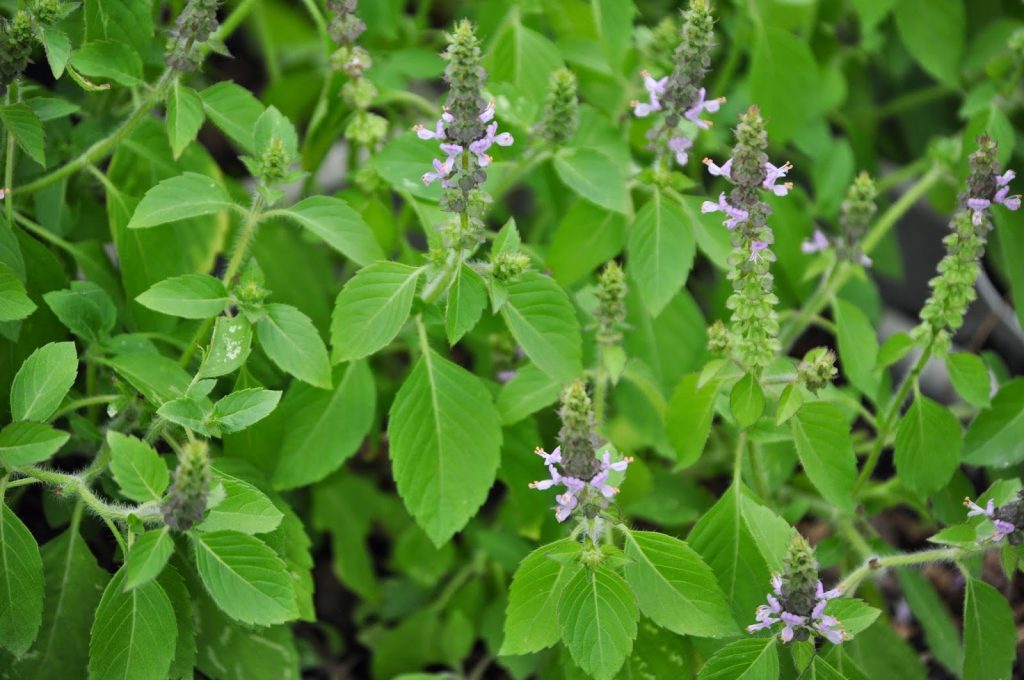
Sacred in Ayurvedic medicine, Holy Basil nourishes both the body and mind. It supports the stress response, helps balance mood, and gently enhances mental clarity. Many people describe Tulsi as “calming but energizing,” making it a perfect herb for gray, sluggish days.
- Best for: Stress-related fatigue and emotional imbalance.
- How to use: Enjoyed as a daily tea or tincture.
Lifestyle Tips for Seasonal Support
While herbs can offer meaningful support, they work best alongside foundational lifestyle habits:
- Prioritize morning light exposure – open the blinds, step outside, or use a light therapy lamp.
- Move your body daily – gentle walks, yoga, or stretching boost serotonin and endorphins.
- Eat warm, nourishing foods – soups, stews, and omega-3-rich meals help stabilize mood.
- Stay connected – social interaction is one of the strongest protectors against seasonal depression.
Herbal support for seasonal depression is about restoring balance—mind, body, and spirit. Herbs like St. John’s Wort, Rhodiola, Ashwagandha, Lemon Balm, and Holy Basil can help you feel more centered and uplifted as you move through the darker months.
Always remember: herbs are most powerful when paired with light, movement, connection, and rest.

